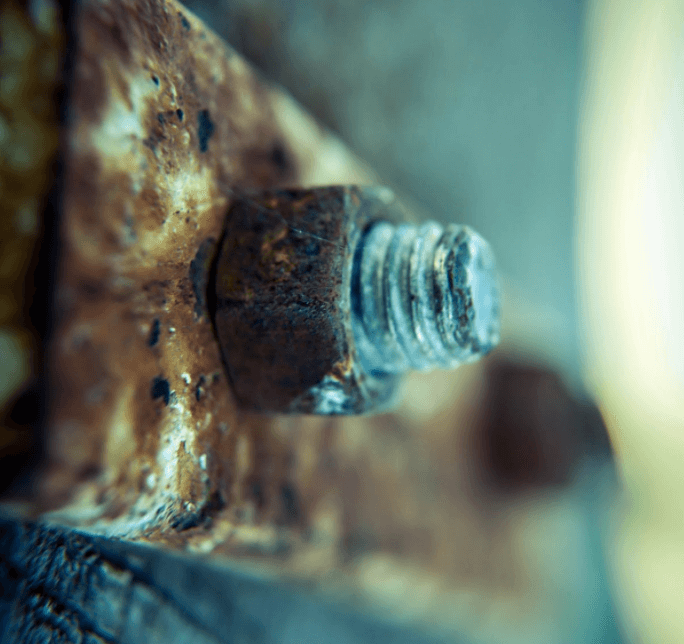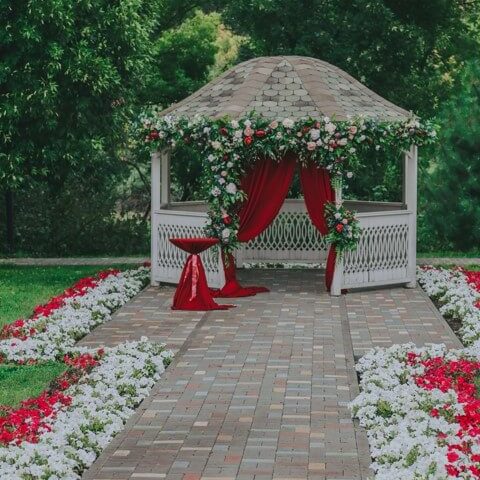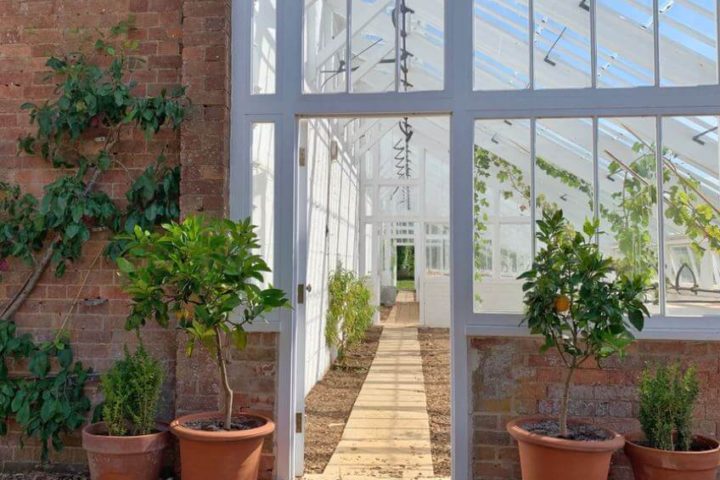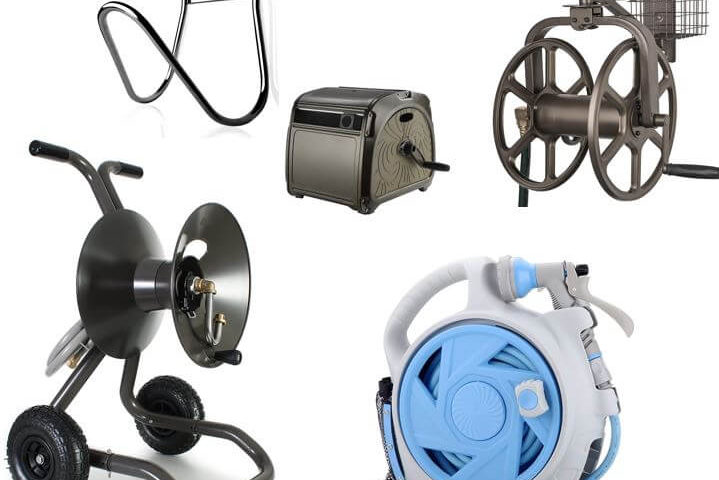When you think of having a bench in your garden, you should seriously consider stainless steel bench. It is just great for your garden. There are many causes for it. Here are top four reasons why you should put stainless steel bench at the top of your garden furniture list.
1- To make your garden look fashionable
A stainless steel bench gives a fashionable and sophisticated look to your garden. Your garden seems more neat and stylish. When you have your relatives or friends come to see your garden, it shows stylishness of your garden and home with classy décor.
2- Because it is easy to clean
It is extremely facile as well as very cheap to clean. You don’t really require anything special to clean it. Just a damp cloth is all you require. Simply wipe down the damp cloth all over the bench and it will look as good as new unlike wooden furniture that requires lot of hard work like polishing etc, so as to clean them.
3- Because it will last for long
Whereas wood bench can last for just few years, steel bench can last you for many more years as compared to wood bench. If given suitable care, it can even last for lifetime.
4- Because wood bench is not appropriate for garden
The preferable bench for garden should be one which easily resists the heavy rain, strong sun rays, mist, snow and mildew. In this regards, steel bench is just amazing for any garden since the material it is made up of can easily resist with the hostile climate.
Five ways of Using Various Metals in your Garden
1. Be careful how you mix your metals
There are some metals that you just can’t mix as they will begin to rust where they touch, especially if they get wet. This occurs because when two various metals touch and a slight current can flow between them, using water as a conductor. Some metals are named ‘active’ or sacrificial metals, like aluminum, carbon steel and zinc. These will rust if they’re put with a ‘noble’ or passive metal like copper, nickel or titanium. This becomes really crucial when you’re selecting fastenings for something metal outside where it’s likely to be regularly wet from either rain or condensation, especially in salt-affected areas. This operation, called galvanic corrosion, means you require matching your fastening screws and bolts to the main metal. Combinations to avoid contain water running off copper onto zinc-coated steel, or using aluminum rivets in steel. Steel fastenings that have been galvanized, which uses a zinc coating to save steel from rust can corrode quickly in stainless steel (especially the higher degrees) as stainless steel has a percentage of chromium (a noble metal) and a bigger surface zone, generating more corrosive current.
2. Using weathering steel in your garden
Weathering steels, which is often named COR-TEN steel, are steel alloys which improve a stable rust coating on the surface that will not go on to rust away like ordinary steel. Often used in outdoor sculpture and screens, thick weathering steel can also be utilized in other landscape applications like retaining walls and cladding. However if used where it is subjected to salt-laden winds it will eventually rust, especially if water can combine in pockets. Be aware o using weathering steel over pale colored paving as water runoff can produce rusty stains.
3. The soft luster of zinc
Zinc planters and statues became popular in Europe through the early 1800s as they could produce work with fine detail that was much cheaper than bronze and be gilded to seem like gold. Zinc has lower embodied energy than metals such as aluminum (one quarter) and copper or stainless steel (one third) and it can be easily recycled. Zinc develops a stunning soft bluish-grey patina as it ages, which saves it from corrosion. Replica (or real if you can afford that!) zinc French antique garden pieces like tubs, house figures and planters have a quiet and ageless resumption.
4. Copper water features and birdbaths
Copper is a great sculptural metal to utilize in the garden as its malleability means it can be easily bent and manipulated into stunning shapes. Round pieces are often created while being spun on a lathe, producing ‘spun copper’. As it doesn’t rust, copper is ideal for water features and the patina that forms actually makes the metal even more stronger.
Its thinness also means that the metallic ‘plink’ as water hits it has the ability to be used in waterfalls and fountains with very pleasing pitch combinations. The very smooth surface of a solid copper birdbath makes it super easy to keep clean and you’ll figure out also that mosquitos are not as attracted to water contained by copper. You can purchase copper water features in a various of sizes and finishes like a soft autumn patina or green verdigris. Copper is also easily recycled so numerous decorative copper outdoor elements are yesterday’s discarded scrap metal copper pipes and tanks.
5. Art from reused and recycled metal
DIY metal sculpture from found objects is very famous with gardeners. We don’t love to throw things away! With a bit of ingenuity and handiwork you can use old barbed wire to make rolled wire balls or even animals and birds, reuse discarded metal stamped and cut papers as screens and garden decorations, and old metal containers as quirky plant pots. Even ancient cutlery can be recycled into windchimes and sculpture. Ancient rusting farm machinery can become a sculptural piece in the appropriate garden. Remnant steel reinforcing mesh can be meshed together to utilize as a light garden screen or rods fixed together for a climbing plant trellis. Ancient teapots and saucepans look quaintly cute when filled with a mix of colorful succulents.




